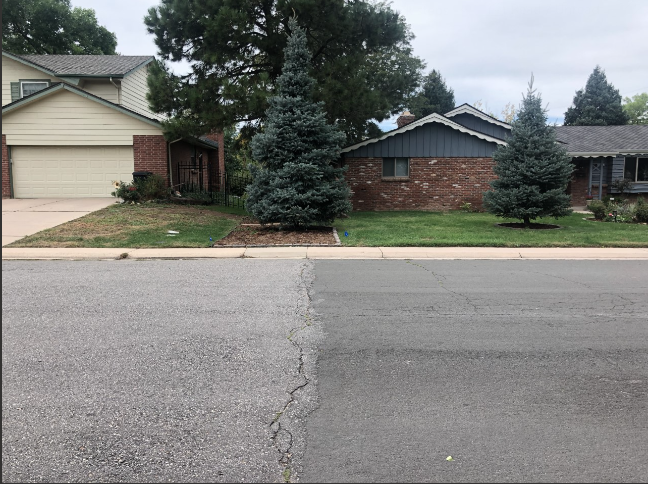Maintain statewide pesticide regulations | FEEDBACK

On Sept. 12, Longmont Mayor Joan Peck appeared on a panel promoting local control of pesticides in Colorado during a Water Resources and Agriculture Review Committee meeting. Colorado Politics quoted Mayor Peck (“Pesticide regulation: Environmentalists, ag industry clash over local versus state control“) testifying her community uses goats for weed control, which, she said, has “worked very well.”
As a plant scientist and Longmont resident, I can attest that this view isn’t backed by any discernible evidence. In fact, invasive weeds on public lands pose significant risk to surrounding farmland. Kochia, an invasive plant, sets more than 100,000 seeds that could end up in irrigation water that flows downstream to farms. What happens in Longmont doesn’t stay in Longmont.
Mayor Peck’s comments demonstrate why so many farmers and consumers are concerned about efforts to weaken Colorado’s robust pesticide regulations in favor of locally-mandated regulations. Weeds are among the most dangerous pests to food production, and inadequate pest management leads to 40% of all food waste, according to a report released in 2020 by the UN. Kochia in particular, imparts exponential yield losses.
Stay up to speed: Sign-up for daily opinion in your inbox Monday-Friday
If cities like Longmont set their own pesticide regulations that forego safe pest management practices, it could lower farm output, increase farming’s environmental impact, increase food prices and make it harder for Colorado’s agricultural industry to operate. Current state regulations are proven safe and effective at protecting our farms and communities, and they should be maintained.
Rebecca Larson, Ph.D.
VP and Chief Scientist
Western Sugar Cooperative
Send us your feedback: Click here.














